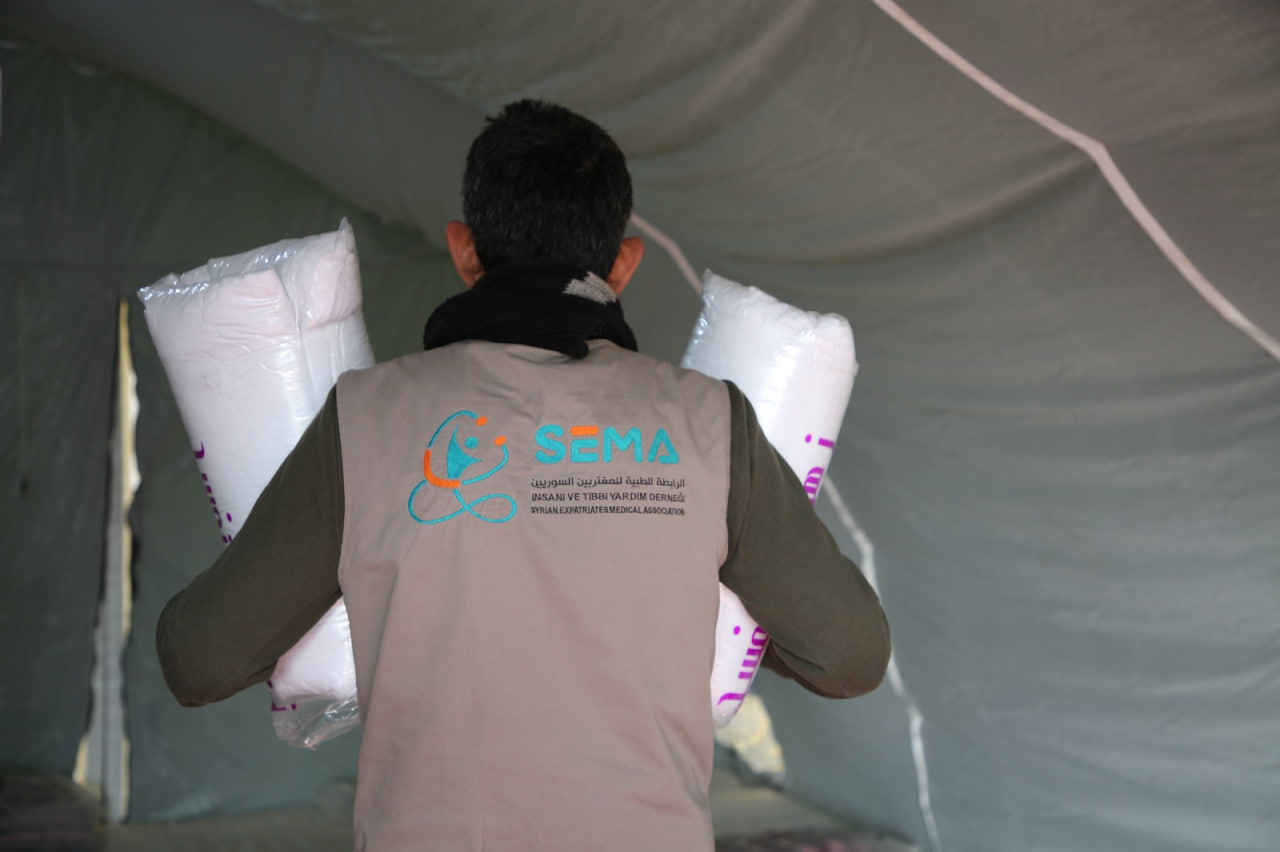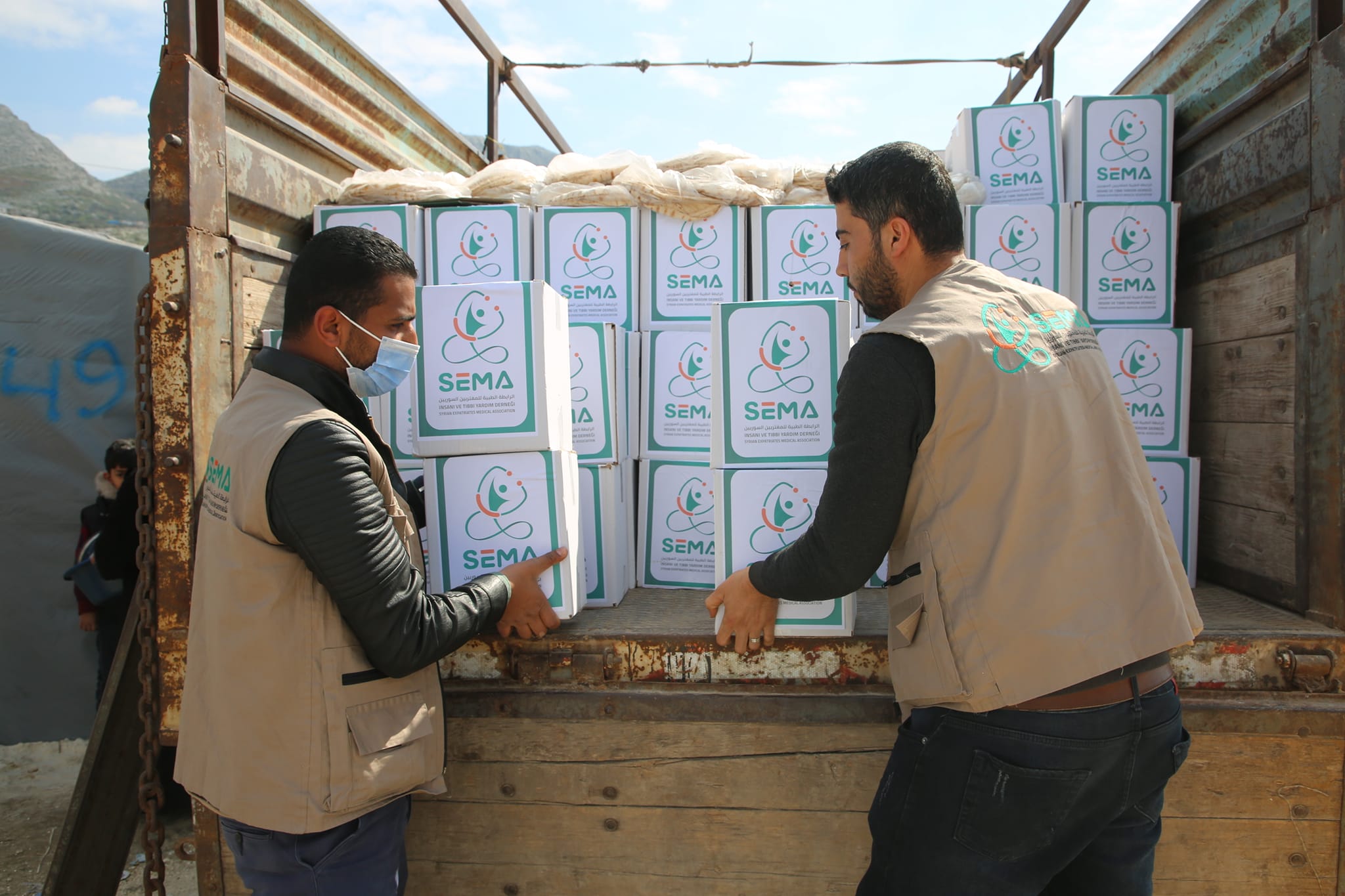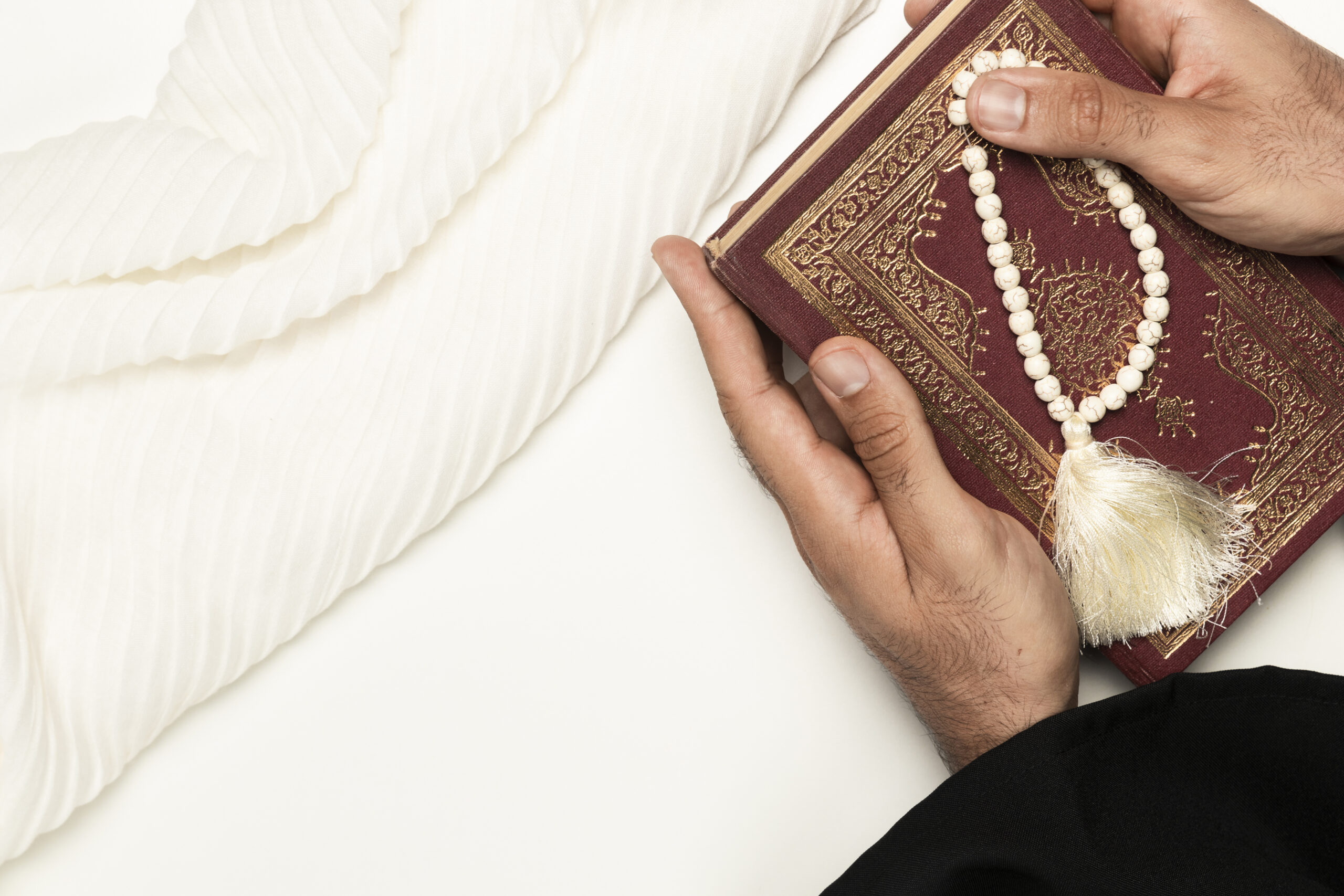Zakat is one of the 5 pillars of Islam and an essential aspect of the Islamic faith.
It is a form of charity that requires Muslims to donate a specific portion of their wealth to those in need.
Zakat, which means “purification,” is a way for Muslims to cleanse their souls and show gratitude to Allah (SWT) for the blessings they have received.
In this article, we will examine the definition, importance, obligation, calculation, distribution, recipients, benefits, differences with sadaqah, and common misconceptions associated with zakat.
In addition, we will explore the role of the Syrian Medical Association for Syrian Expatriates (SEMA) in collecting zakat to help Syrian refugees.
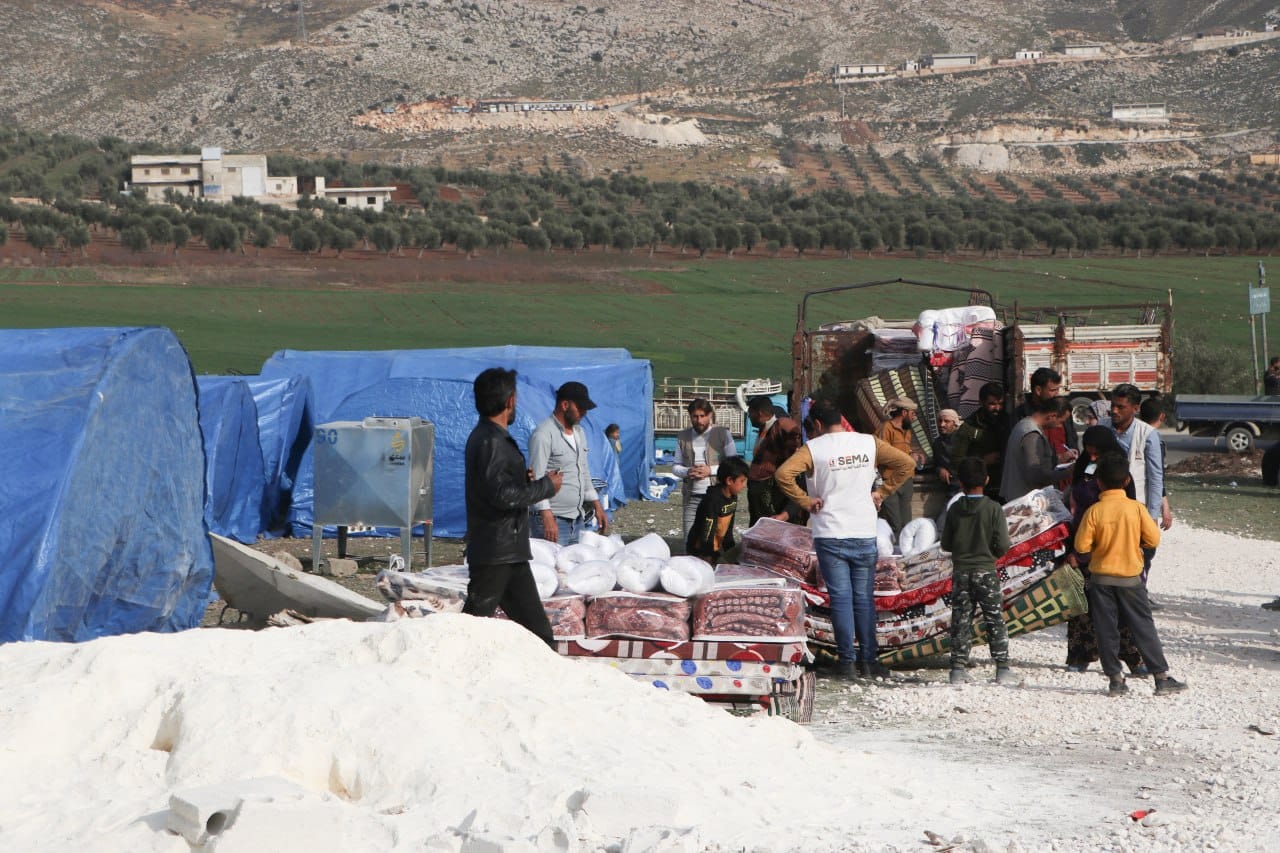
Understanding zakat in Islam
Zakat is an act of worship that has been decreed by Allah in the Qura’n. It is a way for Muslims to fulfill their obligation to care for the less fortunate members of society.
The payment of zakat is considered a duty for those who possess a certain minimum amount of wealth, known as nisab.
The payment of zakat is intended to purify the wealth of the donor and provide for the needs of the poor.
Definition of zakat
Zakat is a mandatory charitable contribution that Muslims are required to give to the destitute and needy. It is calculated based on a percentage of a Muslim’s wealth or assets.
Importance of zakat
Zakat is one of the 5 pillars of Islam and is considered a fundamental duty for Muslims. It is an act of worship demonstrating a Muslim’s commitment to their faith.
In addition, the payment of zakat is also believed to bring blessings and barakah to the giver and their wealth.
It is a means of cleansing one’s soul and a way of fulfilling the obligation to care for the less fortunate members of society.
The obligation of zakat
Zakat is obligatory for all Muslims who possess wealth above a certain minimum threshold, known as nisab.
The payment of zakat is a way for Muslims to fulfill their obligation to Allah (SWT) and to care for those in need.
Who is obligated to pay zakat?
Muslims who possess wealth above the nisab threshold are obligated to pay zakat.
This includes individuals who own assets such as gold, silver, cash, real estate, and investments.
Nisab: Minimum wealth requirement
The nisab is the minimum amount of wealth or assets a Muslim must possess before paying zakat.
In addition, nisab is calculated based on the current value of gold and silver.
Calculating zakat
Zakat is calculated as 2.5% of a Muslim’s wealth or assets above the nisab threshold. The calculation is based on the value of the assets held for one lunar year.
Zakat distribution
Zakat is distributed to those in need, including people experiencing poverty, orphans, widows, and those in debt. It is a means of providing for the less privileged members of society.
Recipients of zakat
The Qur’an outlines eight categories of people who are eligible to receive zakat. They are:
1. The poor and needy
2. Those who are destitute
3. Zakat collectors and distributors
4. Those whose hearts are to be reconciled
5. Those in bondage or enslaved
6. Those who are in debt
7. Those who are fighting for the cause of Allah
Allah (SWT) said in the holy Qura’n:
“The alms are meant only for the poor and the needy and those who are in charge thereof, those whose hearts are to be reconciled, and to free those in bondage, and to help those burdened with debt, and for expenditure in the Way of Allah and for the wayfarer. This is an obligation from Allah. Allah is All-Knowing, All-Wise,” (Surat al-Tawba: 60).
Categories of zakat
There are 2 main categories of zakat: Zakat al-Mal and Zakat al-Fitr.
Zakat al-Mal is the payment of zakat on wealth or assets, while Zakat al-Fitr is the payment of zakat on behalf of every Muslim for the month of Ramadan.
Benefits and rewards of giving zakat
Giving zakat has numerous benefits and rewards, both spiritual and social.
Spiritual benefits
The payment of zakat is considered an act of worship and a means of cleansing one’s soul.
Social benefits
Zakat is a means of caring for the less fortunate members of society and providing for their basic needs.
It upholds social justice and equality and strengthens the bonds of brotherhood and sisterhood within the Muslim community.
Zakat vs. Sadaqah
Zakat and sadaqah are both forms of charity in Islam, but they have some differences.
Differences between zakat and sadaqah
Zakat is a mandatory form of charity that is required of all Muslims who possess wealth above the nisab threshold.
It is calculated based on a specific percentage of a Muslim’s wealth or assets.
Sadaqah, on the other hand, is a voluntary form of charity that can be given in any amount and at any time.
Importance of sadaqah
While zakat is mandatory, sadaqah is considered a highly recommended act of worship in Islam.
Giving sadaqah is a way to please Allah the Almighty and to earn rewards and blessings.
It is also a means of cleansing one’s soul and a way of providing for those in need.
Common misconceptions about zakat
There are several misconceptions associated with zakat that need to be addressed.
Zakat as charity
Zakat is not just any form of charity; it is a specific type of charitable contribution that is mandatory for Muslims who possess wealth above the nisab threshold.
It is an act of worship and a means of fulfilling one’s obligation to Allah (SWT).
Zakat as a tax
While zakat is often referred to as a tax, it is not the same as a government tax.
Zakat is a form of religious obligation paid directly to the poor, whereas the government collects taxes to fund public services.
Zakat in practice
Zakat is a crucial aspect of the Islamic faith that is practiced by Muslims all around the world.
Practically, zakat involves calculating and paying a specific portion of one’s wealth or assets to those in need.
Muslims who possess wealth above the nisab threshold are obligated to pay zakat, which is typically paid once a year during the Islamic lunar month of Ramadan.
When and how often is zakat paid?
Zakat is typically paid once a year, during the Islamic lunar month of Ramadan.
Muslims can calculate and pay zakat on their own, or they can seek the assistance of zakat organizations and initiatives that facilitate the collection and distribution of zakat.
It is substantial for Muslims to ensure that they pay their zakat on time and in the correct amount, as it is a mandatory act of worship and a way to fulfill their obligation to Allah and care for those in need.
Zakat-al-Fitr: The Ramadan obligation
Zakat-al-Fitr is a special type of zakat that is paid during the month of Ramadan.
It is a mandatory payment that is made on behalf of every Muslim, regardless of their wealth or assets.
The purpose of zakat-al-fitr is to provide for the basic needs of the less fortunate members of society during Ramadan.
Zakat in the modern world
Zakat plays an important role in the modern world, both within Muslim communities and beyond.
Many zakat organizations and initiatives have been established to facilitate the collection and distribution of zakat, and to ensure that it is used effectively to provide for those in need.
Zakat has the potential to significantly impact poverty reduction and social justice, both locally and globally.
Zakat organizations and initiatives
There are multiple zakat organizations and initiatives worldwide that facilitate the collection and distribution of zakat.
These organizations play a key role in ensuring that zakat is used effectively to provide for those in need and to promote social justice.
Global impact of zakat
Zakat has a substantial global impact that cannot be disregarded. It has the potential to significantly impact poverty reduction and social justice, both locally and globally.
When used effectively, zakat can provide for the less fortunate members of society, including food, shelter, education, and healthcare.
Zakat can also be used to support sustainable development initiatives that promote economic empowerment and self-sufficiency.
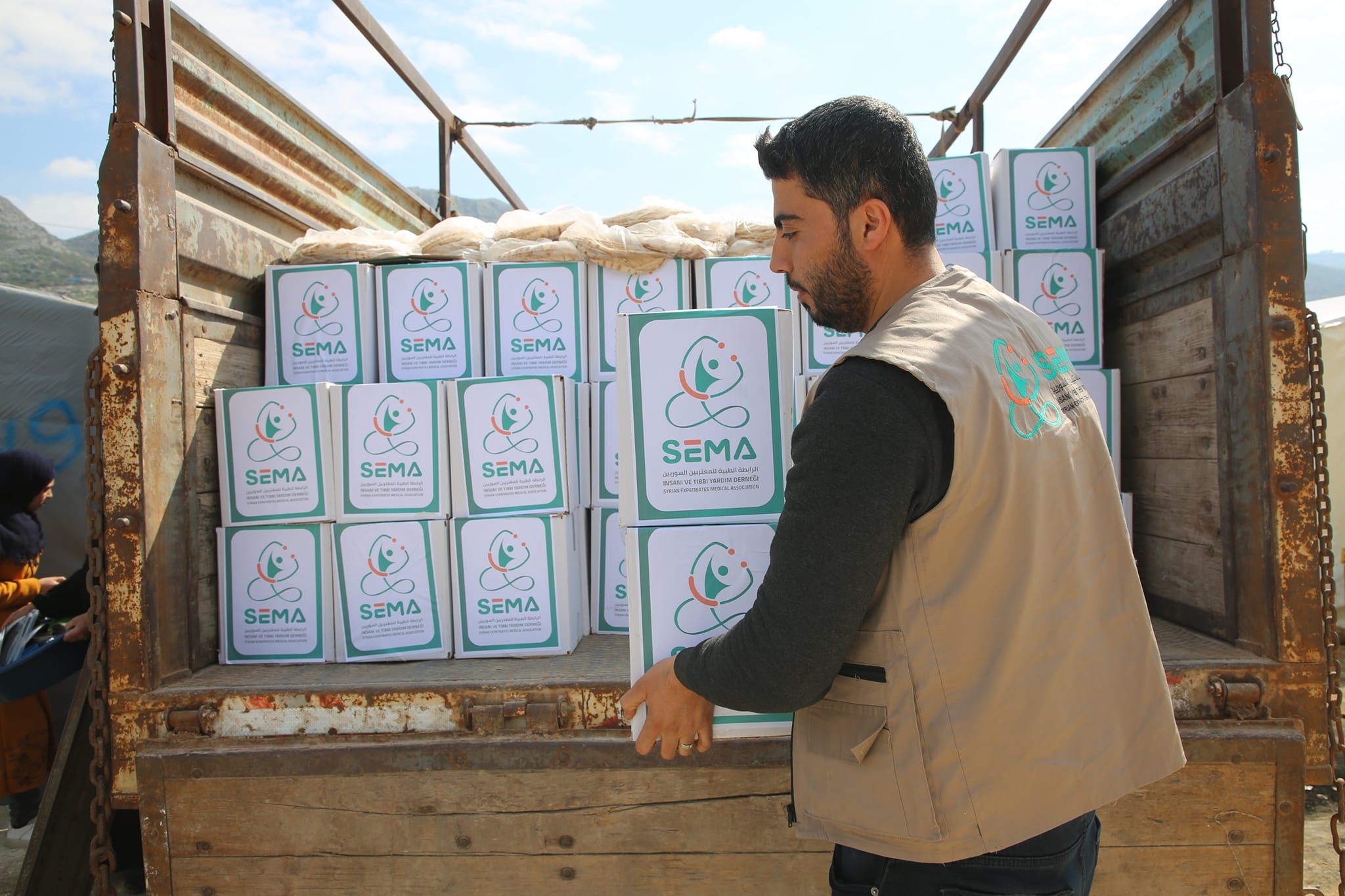
Donate your zakat to SEMA
SEMA is playing a crucial role in helping Syrian refugees who have been forced to flee their homes due to conflict and violence.
SEMA does so by collecting zakat from Muslims around the world and investing them in several projects to benefit the refugees.
These projects include providing food, shelter, education, and medical care to those in need. SEMA also is dedicated to empowering refugees by providing them with livelihood opportunities, vocational training, and psychosocial support.
Donating zakat to reliable organizations like SEMA is a way for Muslims to fulfill their religious obligation to care for those in need and seek Allah’s pleasure (SWT).
Most importantly, it is a means of purifying one’s wealth and soul and a way of showing gratitude for the blessings that Allah has bestowed upon us.
By donating zakat to organizations like SEMA, we can make a tangible impact on the lives of those who are struggling to survive in Syrian refugee camps.
Join SEMA’s mission today by donating your zakat to help make a difference in the lives of Syrian refugees and to promote social justice and equality.
FAQ
How is zakat different from other forms of charity?
The difference between zakat and other forms of charity is that zakat is a specific type of charitable contribution mandatory for Muslims who possess wealth above the nisab threshold.
It is an act of worship and fulfilling one’s obligation to Allah. Other forms of charity, such as sadaqah, are voluntary and can be given in any amount and at any time.
Who is eligible to receive zakat?
Can zakat be given to non-Muslims?
The Qur’an outlines eight categories of people who are eligible to receive zakat.
Zakat is intended to provide for the basic needs of less privileged Muslims. However, scholars debate whether zakat can be given to non-Muslims in certain circumstances, such as when they are in need, and there are no eligible Muslims to receive zakat.
How can zakat be paid in the modern world?
Zakat can be paid in a variety of ways in the modern world. Muslims can calculate and pay zakat on their own or seek the assistance of zakat organizations and initiatives that facilitate the collection and distribution of zakat.
What is the significance of zakat in the life of a Muslim?
Zakat is an important aspect of the Islamic faith that serves to purify one’s soul and care for those in need.
It is a form of worship that requires Muslims to donate a specific portion of their wealth to the less fortunate.
The payment of zakat is considered a duty for those who possess a certain minimum amount of wealth, known as nisab.

